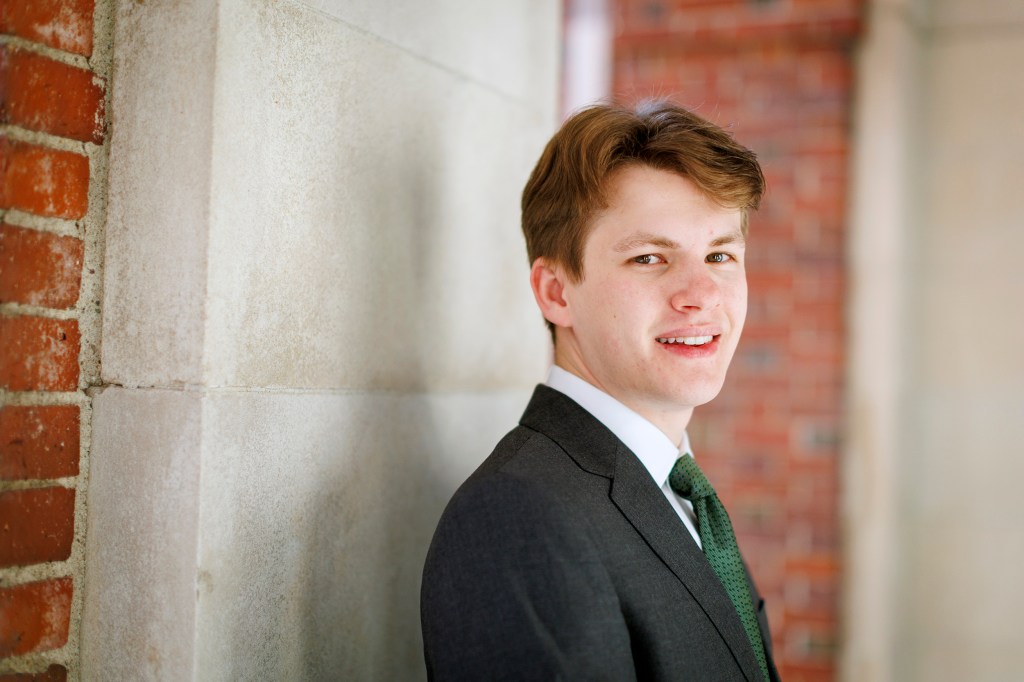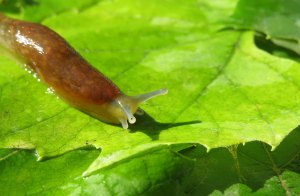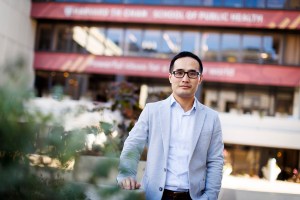
transgender crowd of people seamless pattern. International Transgender Day,31 March. Different people marching on the pride parade. Human rights.transgender person.transgender pride flag. transgender Pride month concept.Online Dating.
text with link.
This is a quiz.
Kindness Quiz (1)
Some text

Name Name
Quo modo autem philosophus loquitur? Tecum optime, deinde etiam cum mediocri amico. Invidiosum nomen est, infame, suspectum.

Name Name
Quo modo autem philosophus loquitur? Tecum optime, deinde etiam cum mediocri amico. Invidiosum nomen est, infame, suspectum.
- list item
- list item
- list item

Name Name
Quo modo autem philosophus loquitur? Tecum optime, deinde etiam cum mediocri amico. Invidiosum nomen est, infame, suspectum.
-
Summers: Biomedical revolution at hand
The next Silicon Valley could well be in Boston, but it is likely to be heading a biomedical rather than a computer revolution, Harvard President Lawrence H. Summers predicted Thursday (Nov. 29) in a speech before about 300 doctors, researchers, and other medical personnel at Beth Israel Deaconess Medical Center.
-
Kids, too, benefit from recent AIDS therapies
In the first prospective study in the United States to look at the effect of combination therapy that includes protease inhibitors on HIV-1 infected children and adolescents, researchers from the Pediatric AIDS Clinical Trials Group (PACTG) and the Harvard School of Public Health (SPH) found that mortality rates among the study participants were dramatically reduced.…
-
Murphy named ‘Coach of the Year’
Coach Tim Murphy, who guided the Ivy League Champion Harvard football team to its first undefeated, untied season since 1913, has been named New England Division I-AA Coach of the Year by the New England Sportswriters Association. This is Murphys third selection as Coach of the Year and is his second honor as the Crimson…
-
Newsmakers
Hill selected for New Century program Allan G. Hill, Andelot Professor of Demography at the School of Public Health (SPH), was recently selected for the newly created Fulbright New Century…
-
Fish story
If Theodore Bestor had gotten his way when he was 15, he wouldnt be where he is today.
-
Memorial service set for Spevack
Edmund Spevack, a former Harvard lecturer on history and literature, passed away in his native Muenster, Germany, on July 2, 2001, after a lengthy battle with cancer. He was 38.
-
Rally calls for higher wages for janitors
Miranda Worthen 01 joins a Nov. 30 rally organized by the national organization Justice for Janitors. The group has held periodic demonstrations in the area. Staff photo by Justin Ide
-
Police reports
-
In brief
Papers sought for graduate student conference
-
This month in Harvard history
Dec. 9, 1788 – From the Journal of Disorders of Eliphalet Pearson, the Hancock Professor of Hebrew and Other Oriental Languages: Disorders coming out of chapel. Also in the hall at breakfast the same morning. Bisket, tea cups, saucers, and a KNIFE thrown at the tutors. [. . .] – From this day to 13…
-
HUPD is on the lookout for Shaler Lane burglary suspect
On Wednesday, Nov. 28, at approximately 9 a.m., a resident of Shaler Lane observed a white male, around 60 years old, enter and exit the residents unlocked townhouse. The suspect, described as having white hair and wearing a black waist-length raincoat, remained inside the residence for approximately two minutes. He then exited the residence and…
-
Student from Zimbabwe wins International Rhodes
Karin Alexander of Lowell House is a winner of an International Rhodes Scholarship. Alexander plans to further her work in social studies, in which she concentrated, during her time at…
-
New tissue built from fetal cells
They see some of the world’s worst birth defects at Children’s Hospital in Boston. Dario Fauza remembers a “big beautiful boy” born with a normal heart outside of his body.…
-
Single enzyme may be linked to obesity
The increased activity of a single enzyme in fat cells may be a common cause of obesity and obesity-linked diseases, including diabetes, according to an animal study conducted by researchers at Beth Israel Deaconess Medical Center and the University of Edinburgh and published in the Dec. 7 issue of Science. The findings could eventually pave…
-
Daylight savings
The increased activity of a single enzyme in fat cells may be a common cause of obesity and obesity-linked diseases, including diabetes, according to an animal study conducted by researchers at Beth Israel Deaconess Medical Center and the University of Edinburgh and published in the Dec. 7 issue of Science. The findings could eventually pave…
-
Scientists using gene chips identify unique form of leukemia
Currently, physicians diagnose and treat a rare form of cancer that strikes infants as a particularly aggressive form of the more common acute lymphoblastic leukemia. The cancer may respond to…
-
Early exposure to Ritalin may blunt desire for cocaine later in life
There are several controversies surrounding the use of Ritalin, or methylphenidate, a stimulant prescribed for children who have an abnormally high level of activity or attention deficit hyperactivity disorder (ADHD).…
-
Trying to prevent mother-to-child transmission of HIV
Harvard AIDS Institute researchers in Botswana are trying to help HIV-infected mothers and their infants. In the rural area of Molepolole, where AIDS Institute researcher Shahin Lockman lives and works,…
-
Analysis of potential mad cow risk in U.S. finds little chance of disease spread
The Harvard Center for Risk Analysis (HCRA), part of the Harvard School of Public Health, performed an analysis for the U.S. Department of Agriculture to determine what the effects would…
-
The fruit fly fight club
Fruit flies fight. The males will go after each other, fighting to establish dominance. Edward Kravitz, the George Packer Berry professor of neurobiology at Harvard Medical School, is using the…
-
“Commoner” in brain crowns the cortex
With its role in higher cognitive functions, the cortex represents a significant evolutionary development in mammals, culminating in the enlarged hemispheres of humans and other primates. In the development of…
-
Whole genes delivered to cells
To make a protein, a cell’s enzymes typically edit out about 90 percent of the information along the length of a DNA strand that makes up a whole gene. In…
-
Comprehensive set of vision genes discovered
Using a computer program that compares bits of genetic material taken from tissue in the retinas of mice against records in a huge genetic data base from the mouse and…
-
Comprehensive set of vision genes discovered
Harvard Medical School (HMS) researchers have discovered nearly all the genes responsible for vision, which could help in diagnosing and treating blinding diseases. Macular degeneration alone affects 25 percent of people over age 75. The discovery in mice of the full set of photoreceptor genes expressed in the retinal cells could also lead to new…
-
Radcliffe hosts computer expert
Susan L. Graham, a computer science professor at the University of California, Berkeley, will speak on Improving Software Productivity today (Nov. 29) at 4 p.m., as part of the Deans Lecture Series at the Radcliffe Institute for Advanced Study. The talk will be held in the Robert and Naida Lessin Forum in the Maxwell Dworkin…
-
Presidential moment
German President Johannes Rau (right) shakes hands with Harvard President Lawrence H. Summers during a visit by the German leader Nov. 15. Rau met with Summers after touring Harvard Yard with University Marshal Rick Hunt. Rau also visited the Minda de Gunzburg Center for European Studies, where he presented Abigail Collins, the centers associate director,…
-
This month in Harvard History
n Nov. 1, 1924 – The Harvard-Boston (Egyptian) Expedition begins excavation of the royal cemetery of King Cheops (Khufu) near the Great Pyramid and soon identifies the tombs of Prince Kawaab (Cheopss eldest son), four other princes, Princess Meresankh II, and two pyramid priests.
-
iCommons spins a course in Web presence
-
Talking stories
SPECIAL TO THE GAZETTE 12/3/01 They are the hard-boiled scribes, the muckrakers, the first on the scene, the late-night newsroom hounds who put a humanistic spin on the tragic. In…





